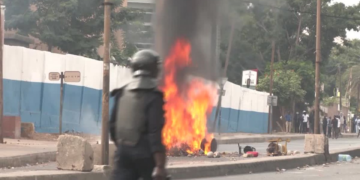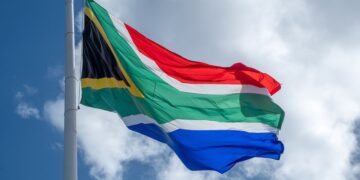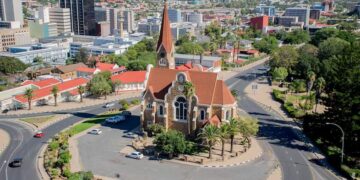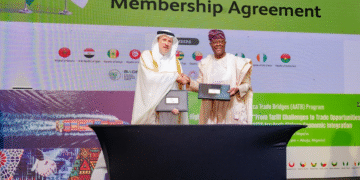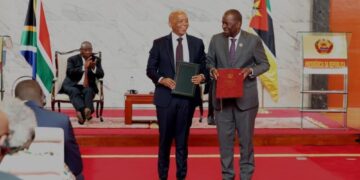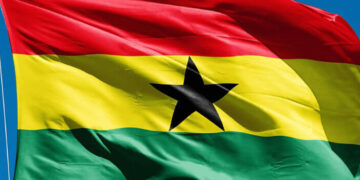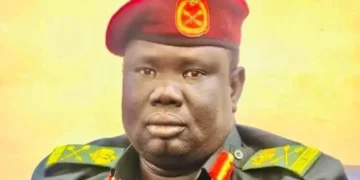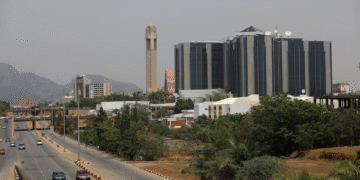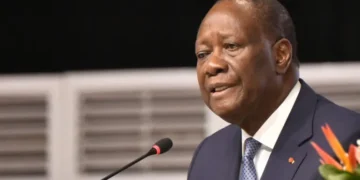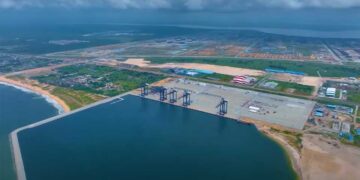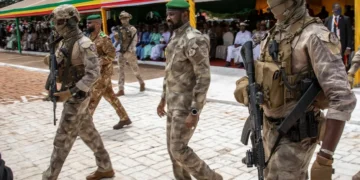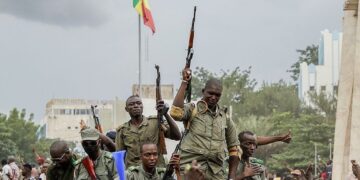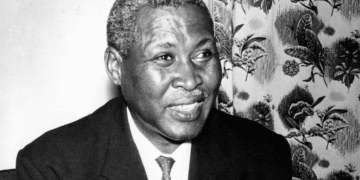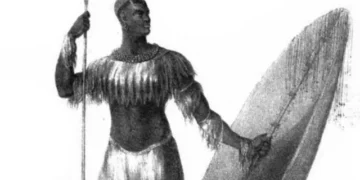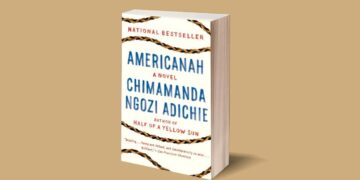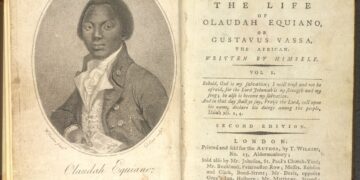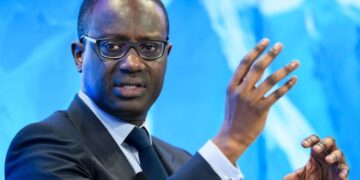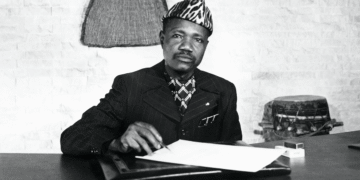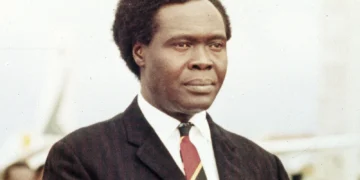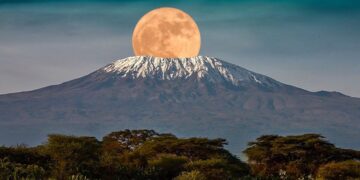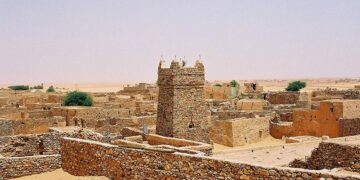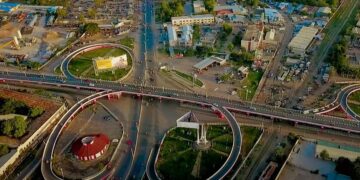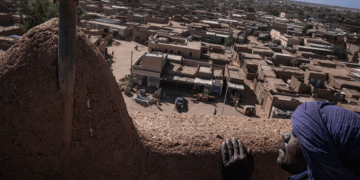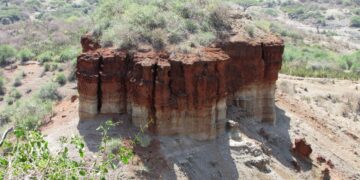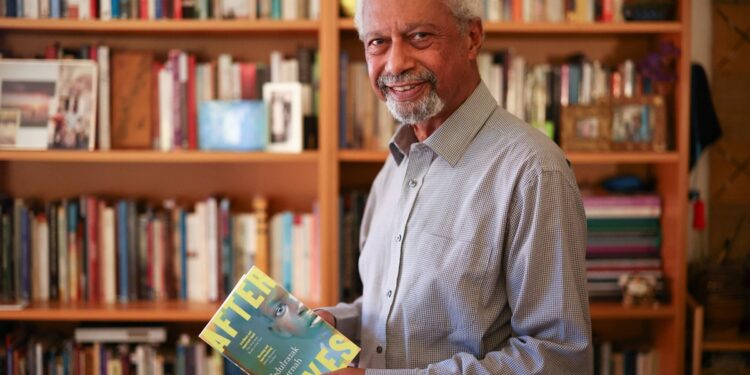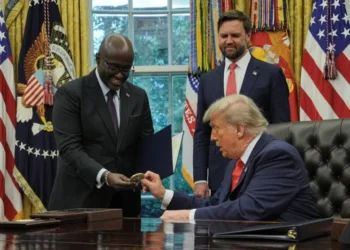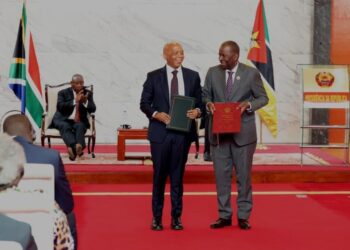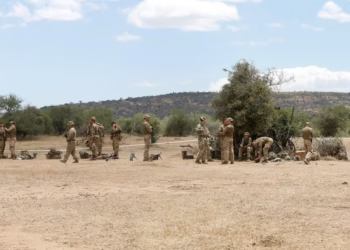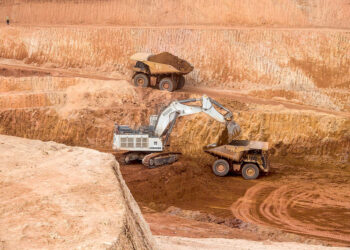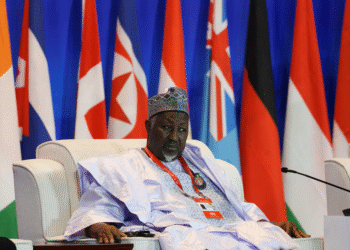Abdulrazak Gurnah, a Tanzanian-born British novelist, is a literary force whose works offer remarkable insights into the complications of postcolonial identity, displacement, and memory. His stories, which are frequently set against the backdrop of the East African coast and its historical entanglements, investigate the lives of people navigating the stormy consequences of colonialism.
Gurnah’s writing is distinguished by lyrical prose, subtle characterizations, and a frank analysis of the human condition. His acceptance of the 2021 Nobel Prize in Literature exposed his exceptional body of work to a broader audience, cementing his reputation as a master storyteller.
Early Life and Education
Abdulrazak Gurnah was born on December 20, 1948, to a Muslim family of Yemeni descent in Zanzibar, an island that was once a British protectorate but is now part of Tanzania. His early life was influenced by the Swahili coast’s rich cultural tapestry, which has a long history of trade and connection with Africa, the Arabian Peninsula, and the Indian subcontinent. This multicultural setting, with its different languages, religions, and traditions, would eventually become a reoccurring motif in his literature.
Gurnah’s childhood was also influenced by the political turmoil that swept through East Africa following independence. Zanzibar achieved independence from Britain in 1963, and in 1964, a violent revolution destroyed the Sultanate and established the United Republic of Tanzania. These events had a significant impact on Gurnah’s life, leading him to leave his home country at the age of 18.
Gurnah landed in Britain as a refugee in 1968, marking an important turning point in his life. He began his studies at Canterbury Christ Church College and eventually earned a doctorate from the University of Kent in 1982. His academic work centered on postcolonial literature, which would influence his own writing.
Gurnah’s experience with exile and dislocation gave him a unique perspective on the issues of identity and belonging. He experienced personally the difficulties that immigrants and refugees face, including feelings of alienation and grief, as well as the struggle to adapt to a new culture. These experiences would influence his literature, which frequently examines the lives of people caught between worlds, attempting to reconcile their past and present.
Literary Career:
Gurnah says he started writing when he was about 21 years old. His literary career began in the late 1980s with the release of his debut novel, “Memory of Departure” (1987). This coming-of-age story, set in a fictional East African hamlet, follows the challenges of a young man trying to escape poverty and find his place in the world.
His succeeding novels, “Pilgrims Way” (1988), “Dottie” (1990), and “Paradise” (1994), cemented his reputation as a writer of great genius.
“Paradise,” which was shortlisted for the Booker Prize, is a compelling historical novel set in East Africa in the early twentieth century. It follows Yusuf, a young child forced into service, as he navigates a world of shifting power dynamics and cultural encounters.
Gurnah’s other important works include “Admiring Silence” (1996), a novel that examines the challenges of identity and belonging through the eyes of a Tanzanian man living in England who strives to reconcile his past and present. In another novel, “By the Sea” (2001), he narrates the story of Saleh Omar, an old Zanzibari immigrant seeking asylum in England, and his interactions with Latif Mahmud, another Tanzanian refugee.
Gurnah’s novel “Desertion” (2005), set in East Africa, delves with issues of love, betrayal, and cultural struggle via the narrative of a British man and a Swahili lady. In “The Last Gift” (2011), he delves into the mysteries and silences that torment a family of immigrants living in England. The novel “Gravel Heart” (2017) follows Salim, a young man who leaves Zanzibar for England in quest of a better life, and his efforts to adjust to a new society and find his place in the world. However, “Afterlives” (2020), set in German East Africa, vividly depicts the lives of individuals affected by colonial aggression and its long-term ramifications.
Recognition and Impact
In 2021, Abdulrazak Gurnah received the Nobel Prize in Literature “for his uncompromising and compassionate penetration of the effects of colonialism and the fate of the refugee in the gulf between cultures and continents.” The Nobel Committee lauded his “uncompromising dedication to truth” and “keen penetration of the effects of colonialism and the fate of the refugee.”
The Nobel Prize gave Gurnah’s writings to a broader audience, cementing his status as a prominent figure in modern literature. His works, long revered by critics and scholars, were now being read and enjoyed by a global audience.
Abdulrazak Gurnah’s legacy goes beyond his writing talents. He has been instrumental in presenting the experiences of East Africa and the Swahili coast to a worldwide audience. His writing has questioned commonly held myths about colonialism and its consequences, providing a more nuanced and complicated view of the region’s history and culture.
Gurnah’s work has also influenced postcolonial writing, motivating a new generation of authors to investigate the intricacies of identity, displacement, and memory. His works have pushed the genre’s boundaries, displaying literature’s ability to expose the human condition and inspire cross-cultural understanding.
In addition to his writing efforts, Gurnah has spent many years teaching literature at the University of Kent. He has mentored many pupils, sharing his expertise and enthusiasm for literature.
Quotes from Gurnah:
“Respect yourself and others will come to respect you. That is true about all of us, but especially true about women. That is the meaning of honour.” ― Abdulrazak Gurnah, Paradise
“I speak to maps. And sometimes they something back to me. This is not as strange as it sounds, nor is it an unheard of thing. Before maps, the world was limitless. It was maps that gave it shape and made it seem like territory, like something that could be possessed, not just laid waste and plundered. Maps made places on the edges of the imagination seem graspable and placable.” ― Abdulrazak Gurnah, By the Sea
“What is the point of literature? I think that the person who asks that question will not find my answer convincing anyway.” ― Abdulrazak Gurnah, Gravel Heart
“… the world always moves on despite the chaos and waste in its midst.” ― Abdulrazak Gurnah, Afterlives
“We were strolling along the waterfront, his favourite walk, going nowhere in particular, the postcolonial condition.” ― Abdulrazak Gurnah, Admiring Silence
“Everything is in turmoil. These Europeans are very determined, and as they fight over the prosperity of the earth they will crush all of us. You’d be a fool to think they’re here to do anything that is good. It isn’t trade they’re after, but the land itself. And everything in it … us.” ― Abdulrazak Gurnah, Paradise
“There is, as you can see, an I in this story, but it is not a story about me. It is one about all of us, about Farida and Amin and our parents, and about Jamila. It is about how one story contains many and how they belong not to us but are part of the random currents of our time, and about how stories capture us and entangle us for all time.” ― Abdulrazak Gurnah, Desertion


